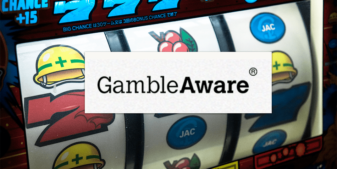GambleAware has announced that it will award £4 million to a UK-based academic institution with a view to establishing the country’s first academic research hub that will specialize in the study of gambling harms.
The hope is that the creation of such a hub will help develop new research methods and processes that will not only help those affected by problem gambling but also operators who wish to protect their customers from the effects of gambling harms.
The independent charity has made it clear that it will not be leading the research hub and that the winning institution will be free to determine its own primary focus for research into gambling harms. GambleAware has also intimated that it will work to secure further funding to help maintain the hub beyond the initial grant term.
While the hub will be based in the UK and much of its initial data research will no doubt involve UK-based operators and gamblers, GambleAware hopes that the hub will have a significant impact on the global gambling industry.
Speaking of the research hub grant, Alison Clare, Research Director (Interim) at GambleAware said:
“This is a fantastic opportunity for a British university to develop and innovate in a relatively under-researched field, bringing to bear a much wider range of academic disciplines than are currently engaged in gambling harms research. With this significant investment, a British university and its partners will have the chance to create a step change in building knowledge in an area which links and overlaps with many other subjects and fields.
It’s a different type of grant award to the smaller projects and programmes in our current research portfolio, with GambleAware taking a much more arm’s length approach in guiding the area of research focus. Our main criteria is that universities apply a multi-disciplinary, public health lens in setting out the rationale for their chosen research area. From our early discussions with selected universities, we’re expecting some very creative and innovative proposals at the initial Expression of Interest stage.”
Currently, most gambling research is carried out by several smaller academic institutions delivering data and results from a social science perspective. GambleAware wants to broaden the research scope by allowing the hub to work collaboratively with existing researching institutions.
A number of qualified universities have been invited to apply for the grant based on their previous work in the field.

